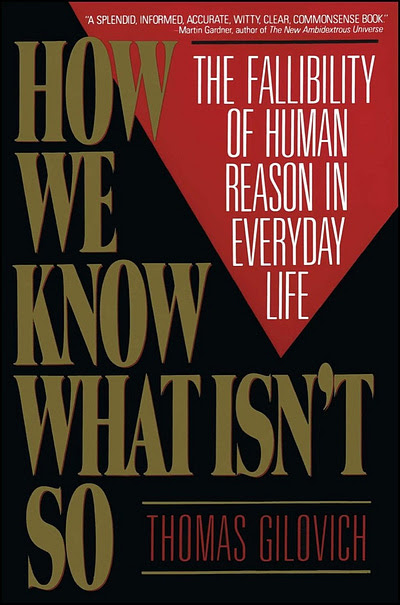The Self-Publishing Manual
Best source for self-publishing
Dan Poynter’s utterly reliable self-publishing advice, The Self-Publishing Manual, has been a perennial oasis of sanity in a sea of hype for over two decades. Now in its 13th edition, it’s more useful than ever. To Poynter the technologies of cheap — if not free — duplication are an outright opportunity, rather than a dreaded disaster. The Self-Publishing Manual is way ahead of any other source in offering smart counsel on how to exploit on-demand printing, online-download publishing, and e-distribution in the context of 2 billion free web pages. All publishing is self-publishing now. If you want to know how to publish (especially on paper), this is the man. Hello, New York?
01/20/04Excerpt
The new book-publishing model is not strictly self-publishing. It is a trial run of 500 books that allows you, not only to sell them, but also to approach some agents and publishers with a book rather than a manuscript. You can also send out review copies, approach distributors, wholesalers, book clubs and make other sales.
*
Don't just write - build: Today, authors build their books; writing is just part of the building process. As an author, you know your subject. You can describe it, explain it and teach it. The eBook simply provides you with more visual aids to help you get your point to your reader. Now, in addition to the printed word, you have photos, graphics, animation, color, dimension, motion, sound and hyperlinks to more information. Your pBook (paper) will have static words and b/w photographs but the eBook version will be far more versatile.
*
Customizing and special versions: Because your books can be printed in short runs and since the new print engines print two pages at a time, you may customize your book for your customer. If you make a premium sale to a company, it will cost just pennies to bind in a letter from the CEO or to add the company logo to the cover. This is called "Mass Customization."
*
Since the laser printers are driven by computer, books can have several versions of some chapters, each aimed at a particular type of reader. These are called "Module Books," as the book can be assembled for a particular reader.
Your sales chart
Typical big publisher's sales chart
The Self-Publishing Manual Dan Poynter $12 2002, 430 pages Para Publishing Santa Barbara, CA







